September Start for Bio4Energy’s Training to Scale up Bio-based Innovations
Bio4Energy’s training on the scale up of bio-based innovations is starting again in September. The application is open as of today.
The backdrop is substantial new investments in test beds and development facilities in the region of northern Sweden where the research environment is based.
“We will go onsite visiting not only pilot [installations] of different types, but whole factories in our network of actors based along the coast at Örnsköldsvik, Piteå and Umeå.
“We will see this great variation and speak to the developers themselves”, said course coordinator Francesco Gentili.
“We will go onsite visiting not only pilot installations of different types, but whole factories in our network of actors based along the coast at Örnsköldsvik, Piteå and Umeå. We will see this great variation and speak to the developers themselves”.
He is not only an associate professor at the Swedish University of Agricultural Sciences, but also the man behind facilities for microalgae research and development run in collaboration with regional energy utility Umeå Energi.
Biorefinery Pilot Research, as the course is called, is the flagship of the Bio4Energy Graduate School on the Innovative Use of Biomass.
Bio4Energy draws together the regions foremost universities and institutes dealing with the development of methods and tools for conducting biorefinery based on woody residues and industrial organic waste. As such, it is on a mission to provide education and training to help provide the sector with knowledge workers of tomorrow’s bioeconomy and advanced students with top-of-the-line education.
The course is offered as a mixture of intensive days of onsite visits—starting 2-4 September at Piteå—with time in between where students work to develop their own projects. They do this either by implementing an aspect of upscaling in their own PhD project or; if they are postdoctoral fellows established as researchers; they may create something new.
“We speak to and learn from capable fundamental researchers, all the way up to industrialists”.
“We speak to [and learn from] capable fundamental researchers, all the way up to industrialists”, Gentili told Bio4Energy Communications.
The group goes on study visits to well-known companies in the sector such as SunPine and the large pilot LTU Green Fuels at Piteå, as well as their institute partner in Bio4Energy, RISE Energy Technology Center.
Further south, at Örnsköldsvik, key contacts in the Bio4Energy Industrial Network will show them the new RISE Bioeconomy Arena, Domsjö Fabriker, SEKAB and RISE Processum. At Umeå, finally, Gentili will showcase the algae pilot and include a tour of Arevo, which has gone from being a Bio4Energy researcher upstart to a full-grown company offering a new kind of plant nutrition product that does not create toxic leakage, while being highly efficient.
“We stay, eat and study together and it creates the opportunity for networking”, Gentili said, adding a reflection on the bigger picture;
“It creates job opportunities. We train people to know the infrastructure and strengthen the collaboration in our region”.
Contacts
Francesco Gentili — Course coordinator Biorefinery Pilot Research
Dimitris Athanassiadis — Coordinator for the Bio4Energy Graduate School
Bio4Energy Graduate School
Biorefinery Pilot Research, 5 ECTS
Course Brochure and Application
Related News
Bio4Energy Graduate School: Development of Biorefinery Innovations Up Next
New Coordinator for Graduate School: Course Starts in 2024
Spin-off Wins Prize for ‘Great Potential’ of Plant Nutrition Products with Minimal Footprint
RISE to Invest SEK350 Million in Its Biorefinery Test Bed Environments

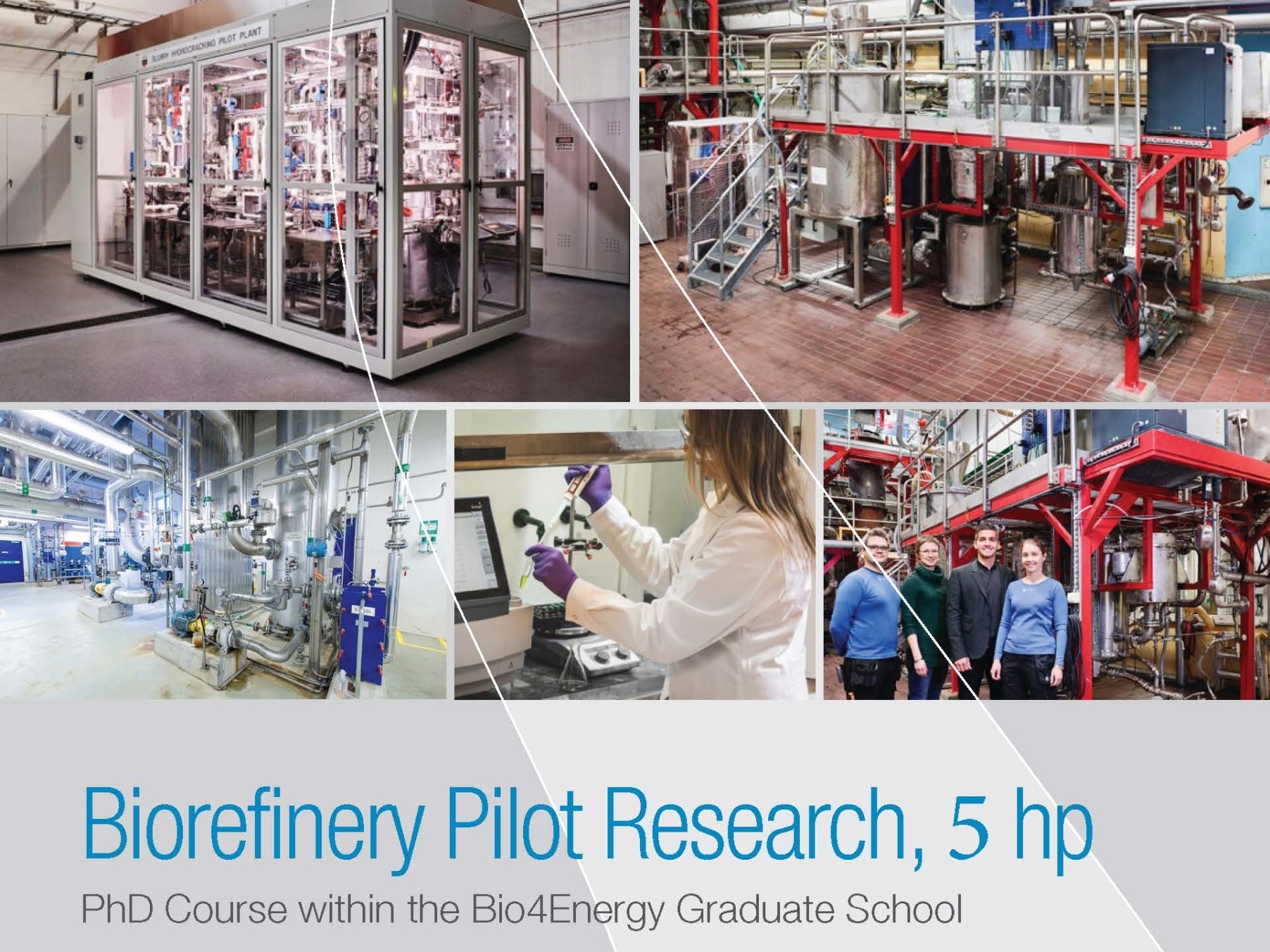 Bio4Energy
Bio4Energy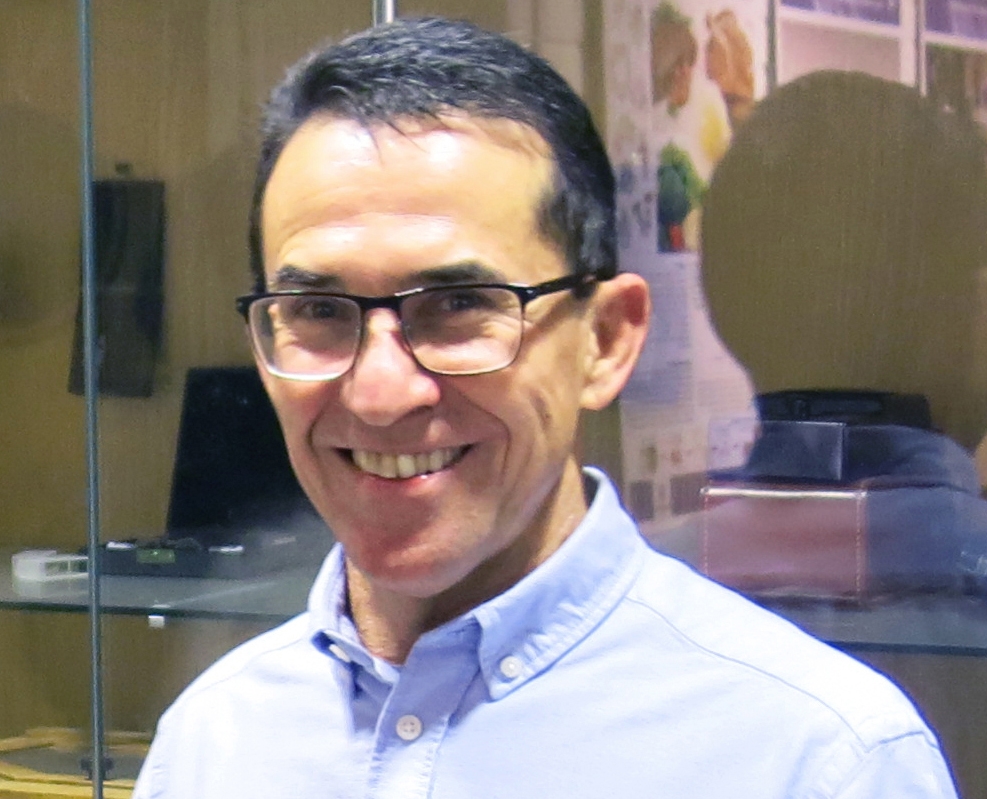 ©AnnaStrom
©AnnaStrom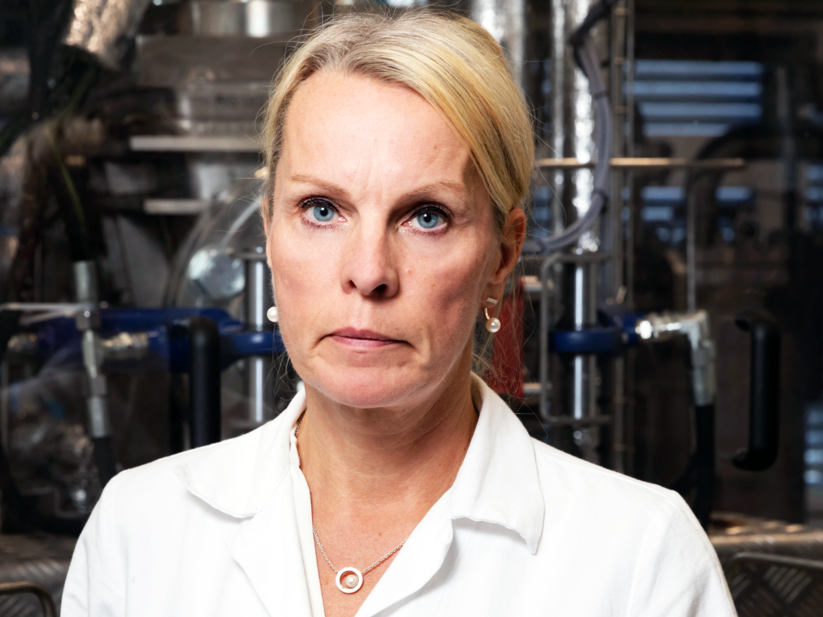 Bio4Energy
Bio4Energy Dreamstime
Dreamstime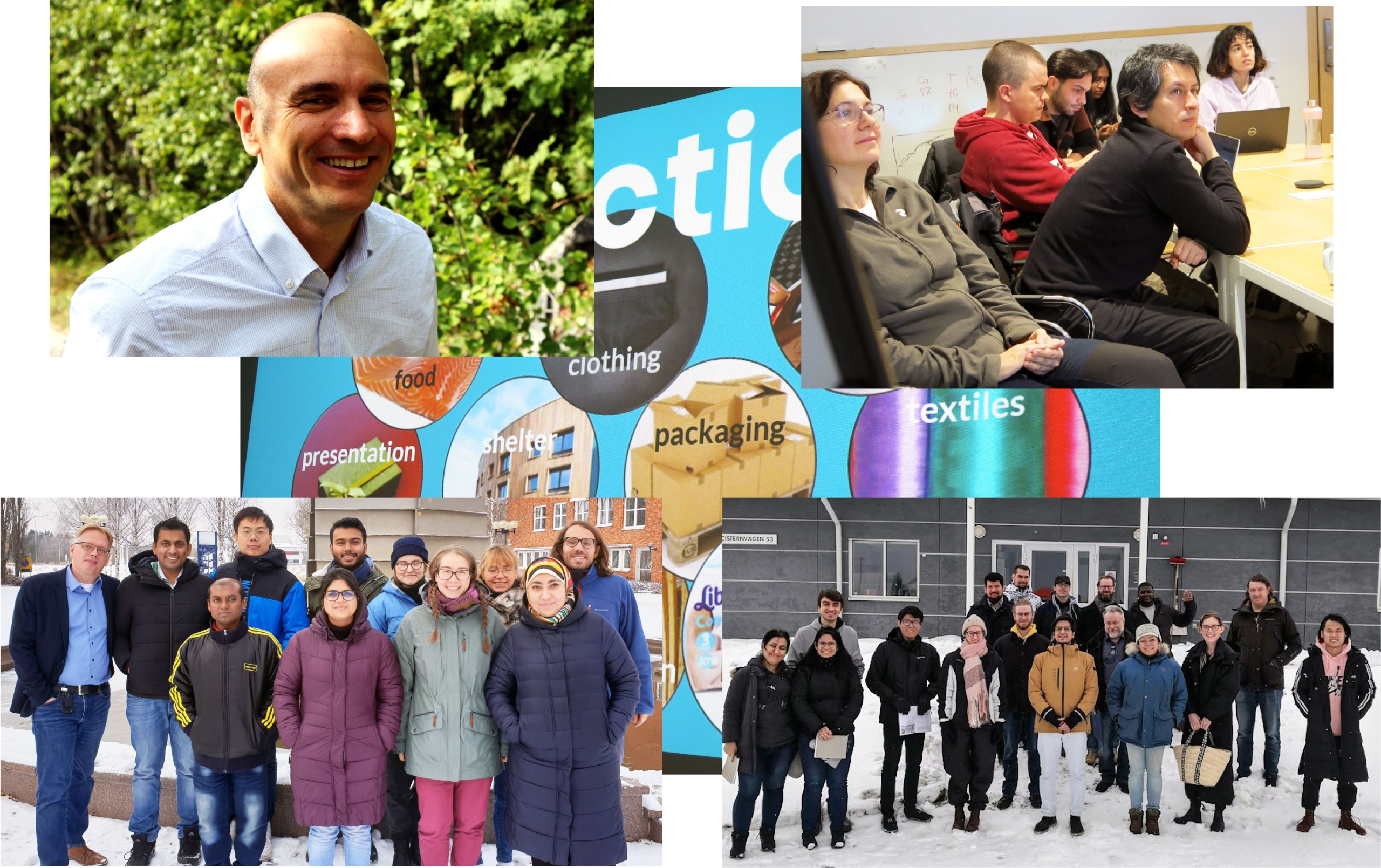 ©AnnaStrom
©AnnaStrom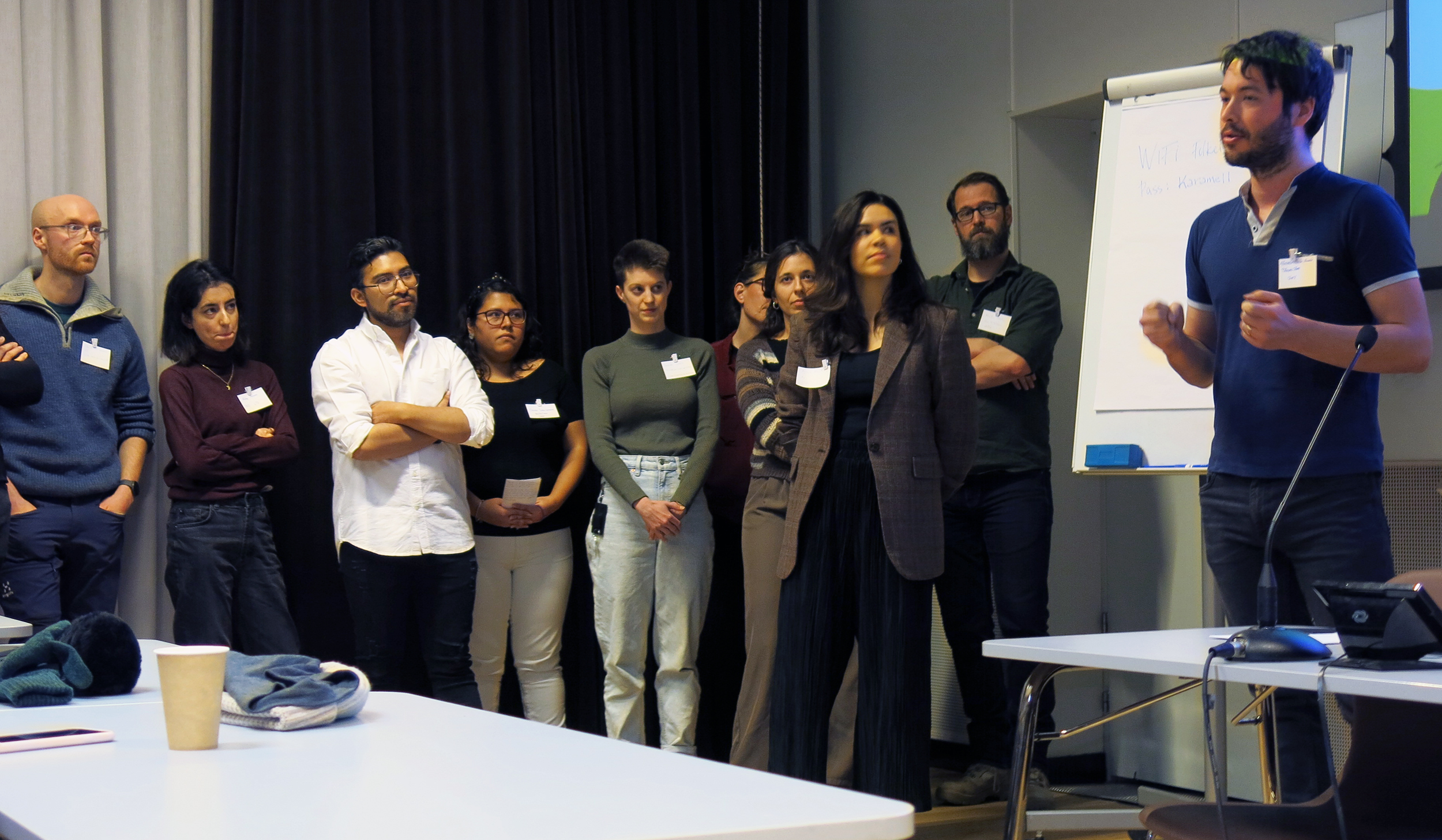 AnnaStrom
AnnaStrom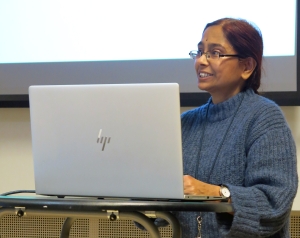

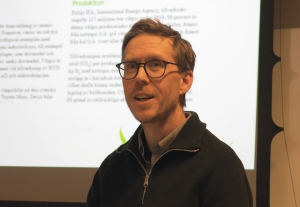
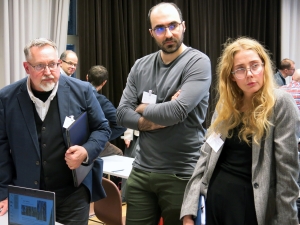
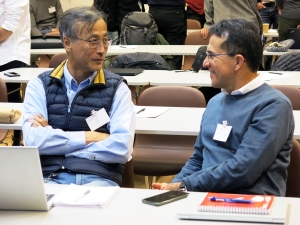
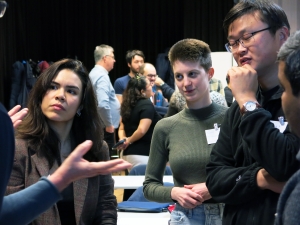
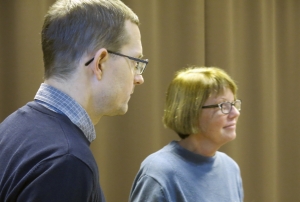
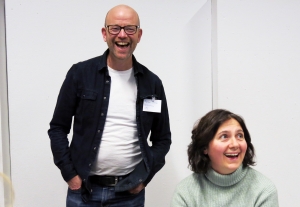
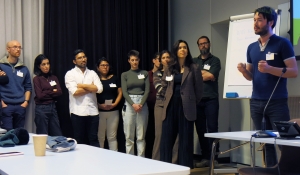
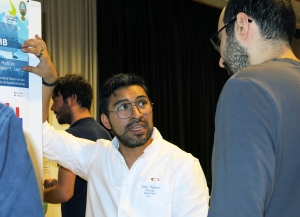
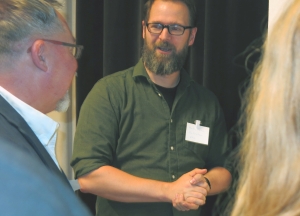
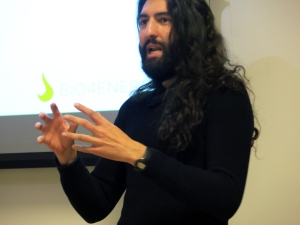
 Umea University
Umea University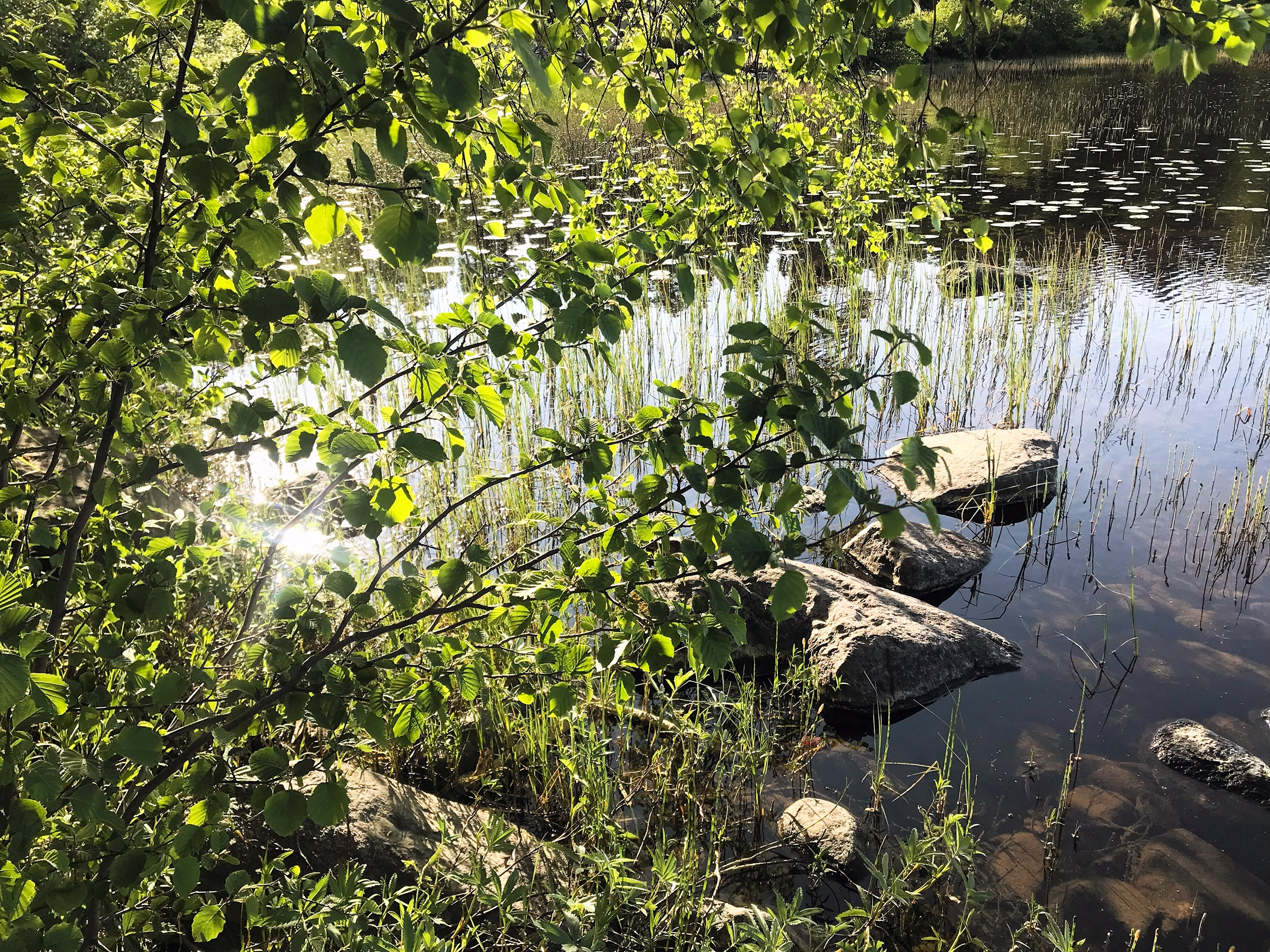 ©AnnaStrom
©AnnaStrom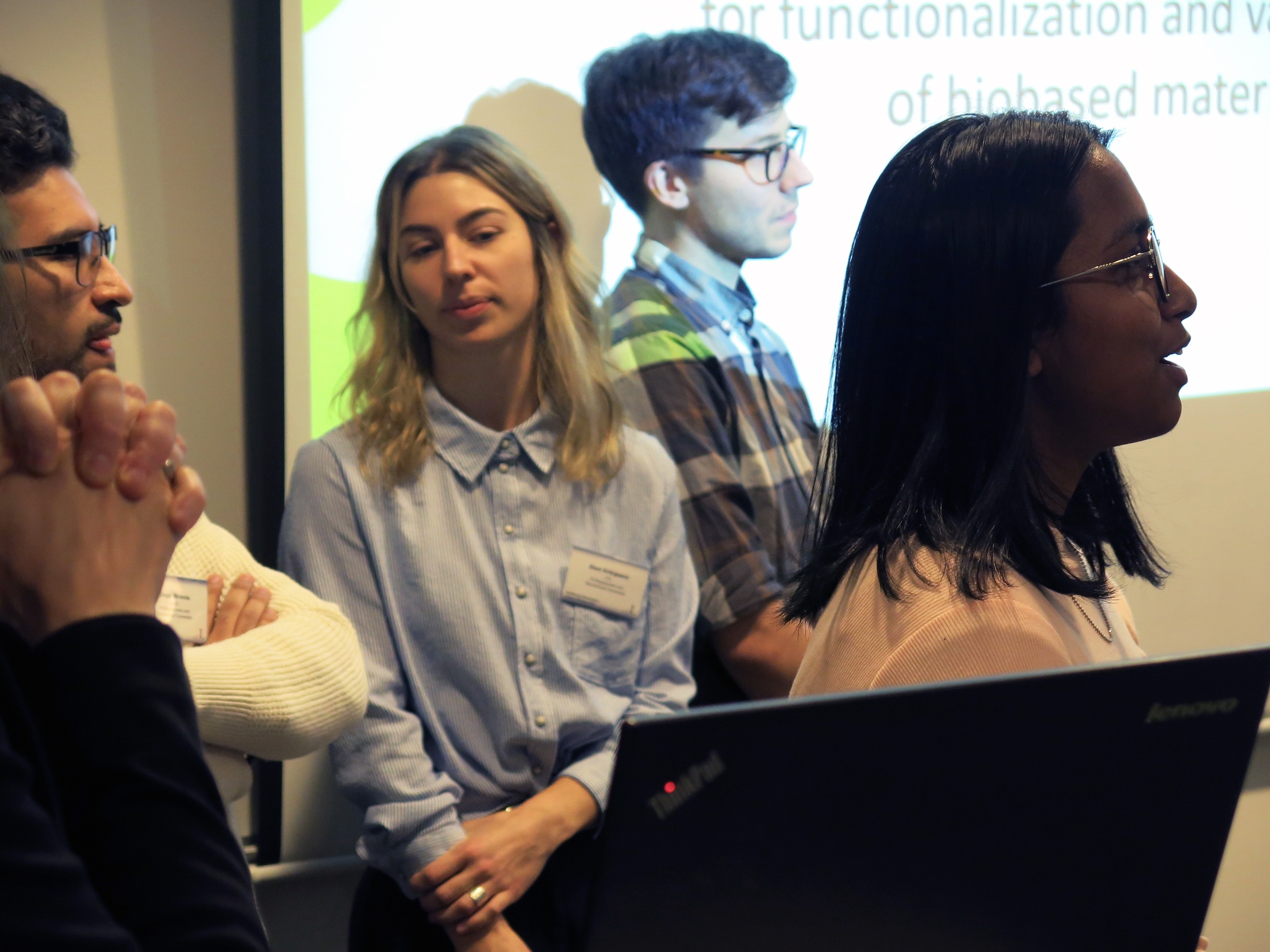 ©AnnaStrom
©AnnaStrom ©AnnaStrom
©AnnaStrom



